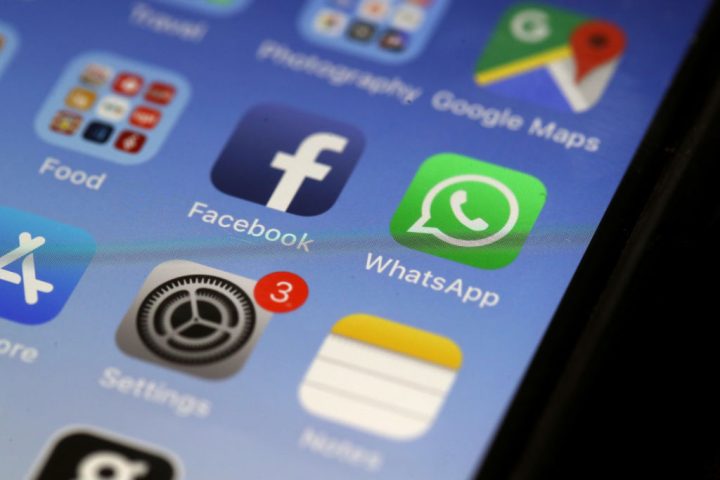For my thirteenth birthday, which coincided roughly with my Bat Mitzvah (the Jewish ceremony for entering adulthood), I had begged for – and got – my own phone line. This was so that I could talk for hours on the phone to friends I had seen all day, or possibly all weekend if they were at a different school, without tying up the whole family’s phone system.
Already a subscriber? Log in
Subscribe for just $2 a week
Try a month of The Spectator Australia absolutely free and without commitment. Not only that but – if you choose to continue – you’ll pay just $2 a week for your first year.
- Unlimited access to spectator.com.au and app
- The weekly edition on the Spectator Australia app
- Spectator podcasts and newsletters
- Full access to spectator.co.uk
Or



















Comments
Don't miss out
Join the conversation with other Spectator Australia readers. Subscribe to leave a comment.
SUBSCRIBEAlready a subscriber? Log in